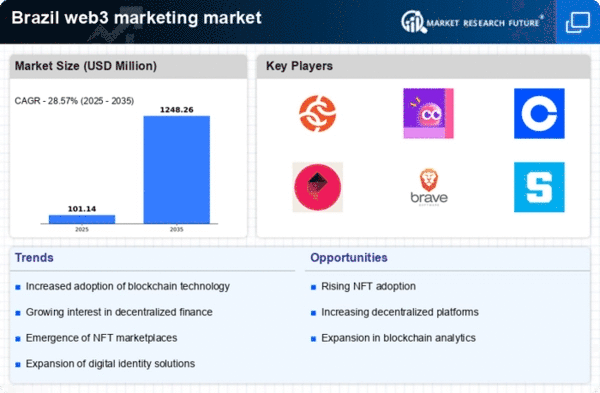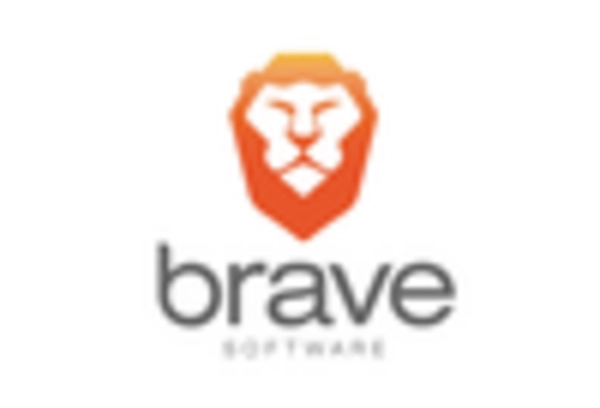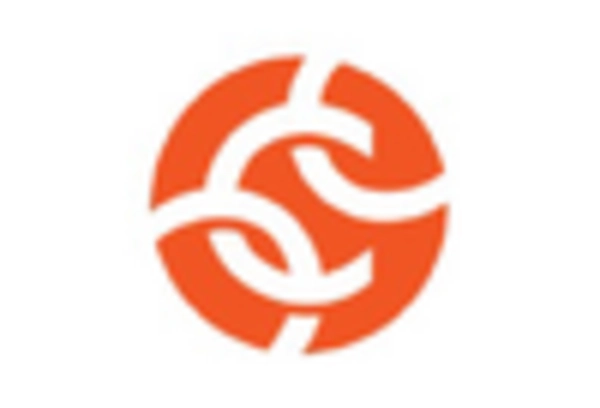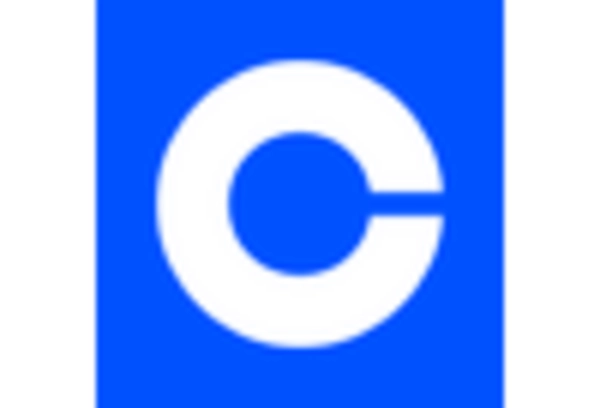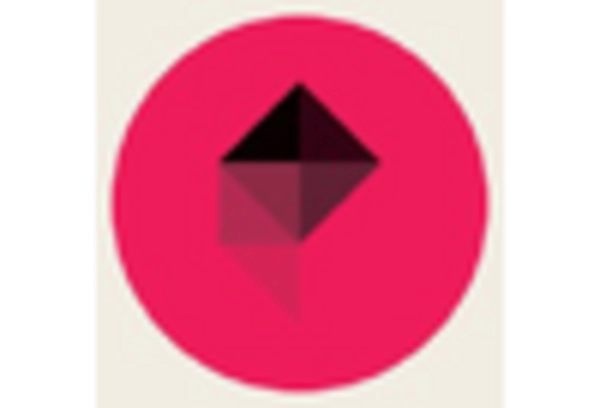Emergence of Decentralized Platforms
The rise of decentralized platforms is reshaping the web3 marketing market in Brazil. These platforms, which prioritize user control and data ownership, are gaining traction among consumers who are increasingly wary of traditional marketing practices. As of November 2025, approximately 45% of Brazilian internet users express a preference for decentralized applications that offer transparency and security. This shift is prompting brands to adapt their marketing strategies to align with the values of decentralization, thereby enhancing consumer trust. The web3 marketing market is witnessing a surge in demand for innovative marketing solutions that leverage blockchain technology to create more engaging and personalized experiences. Companies that embrace these decentralized platforms may find themselves at a competitive advantage, as they can foster deeper connections with their audiences and drive brand loyalty.
Rise of Influencer Marketing in Web3
The rise of influencer marketing is becoming increasingly prominent in the web3 marketing market in Brazil. As consumers turn to social media for product recommendations, brands are leveraging influencers to reach targeted audiences effectively. Approximately 50% of Brazilian consumers report being influenced by social media personalities when making purchasing decisions. This trend is encouraging brands to collaborate with influencers who align with their values and target demographics. The web3 marketing market is witnessing a shift towards more authentic and relatable marketing approaches, as consumers seek genuine connections with brands. By engaging influencers, companies can enhance their visibility and credibility, ultimately driving sales and fostering brand loyalty in an increasingly competitive market.
Increased Demand for Interactive Content
The demand for interactive content is on the rise within the web3 marketing market in Brazil. As consumers seek more engaging and immersive experiences, brands are compelled to innovate their marketing strategies. Approximately 60% of Brazilian consumers indicate a preference for interactive content, such as quizzes, polls, and augmented reality experiences, over traditional advertising formats. This trend is pushing companies to invest in technologies that facilitate interactive marketing, thereby enhancing user engagement and retention. The web3 marketing market is adapting to this shift by leveraging blockchain technology to create unique, interactive experiences that resonate with audiences. By focusing on interactive content, brands can foster a sense of community and encourage user participation, ultimately driving brand loyalty and advocacy.
Growing Adoption of Cryptocurrency Payments
The growing acceptance of cryptocurrency payments is significantly influencing the web3 marketing market in Brazil. As of November 2025, around 30% of Brazilian consumers report having used cryptocurrencies for online purchases, indicating a shift in payment preferences. This trend is encouraging businesses to incorporate cryptocurrency options into their marketing strategies, thereby appealing to a tech-savvy demographic that values convenience and security. The web3 marketing market is evolving to accommodate this change, with brands exploring ways to incentivize cryptocurrency transactions through loyalty programs and exclusive offers. By integrating cryptocurrency payment solutions, companies can enhance their customer engagement and potentially increase sales, as consumers are more likely to make purchases when they can use their preferred payment methods.
Regulatory Developments in Digital Advertising
Regulatory changes surrounding digital advertising are shaping the landscape of the web3 marketing market in Brazil. As authorities implement stricter guidelines to protect consumer rights and data privacy, brands must navigate these regulations carefully. As of November 2025, approximately 70% of Brazilian marketers express concerns about compliance with new advertising standards. This regulatory environment is prompting companies to adopt more transparent and ethical marketing practices, which may enhance their reputation and consumer trust. The web3 marketing market is likely to see a shift towards compliance-focused strategies, where brands prioritize ethical considerations in their marketing efforts. By aligning with regulatory expectations, companies can mitigate risks and position themselves as responsible players in the evolving digital landscape.


